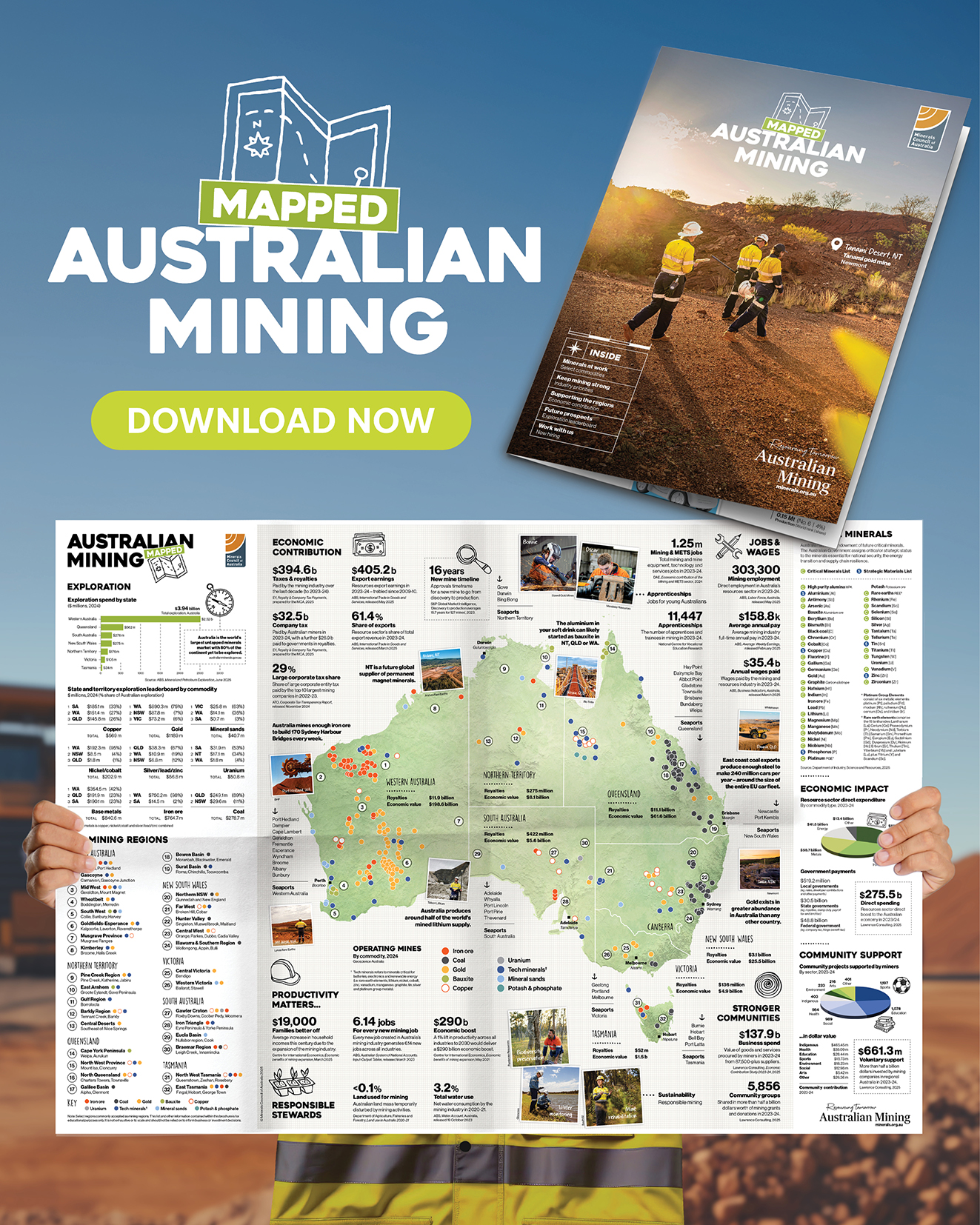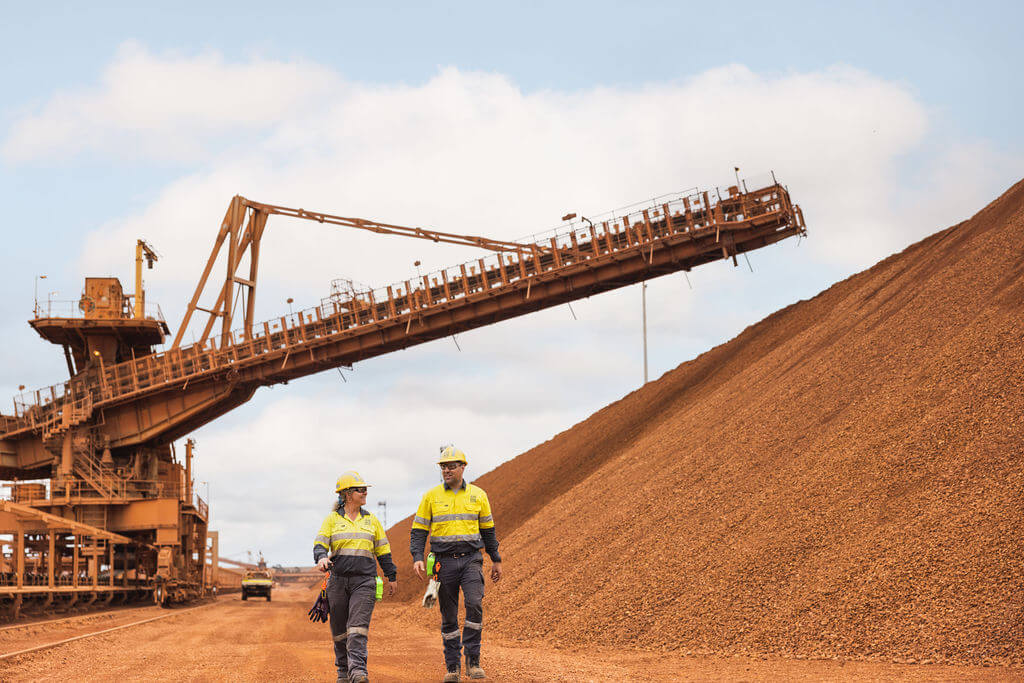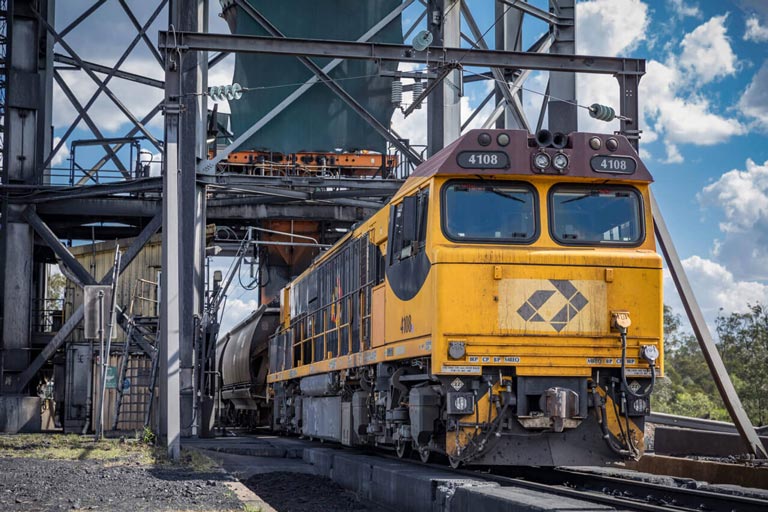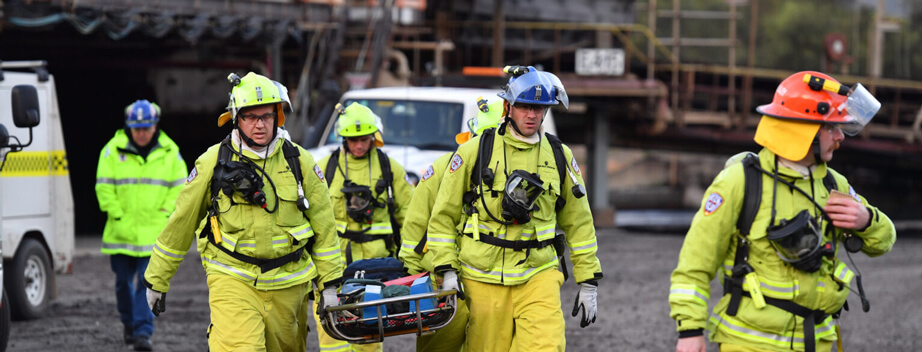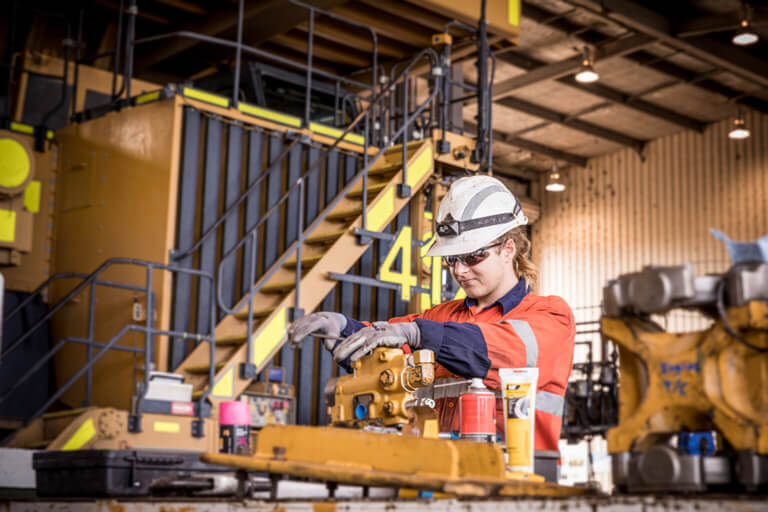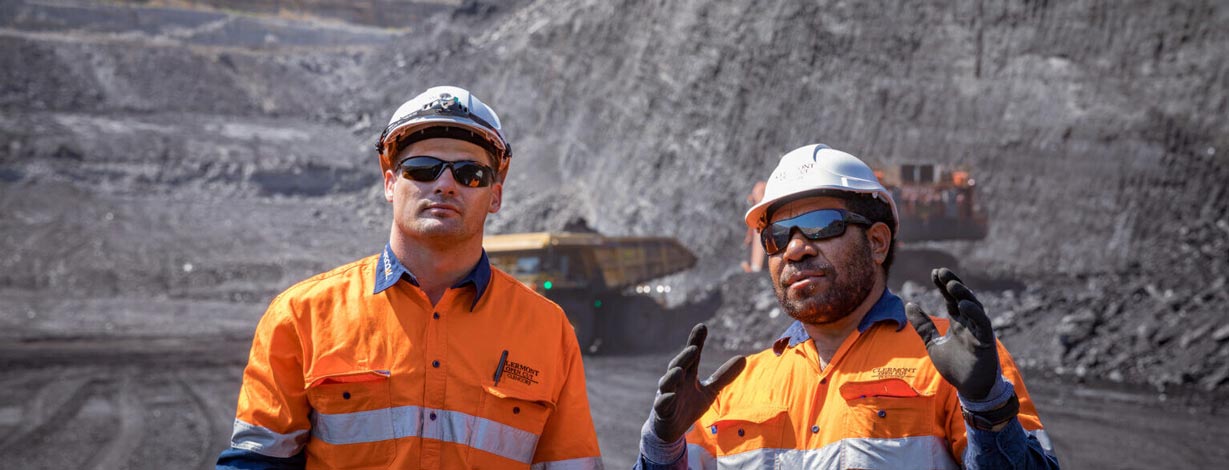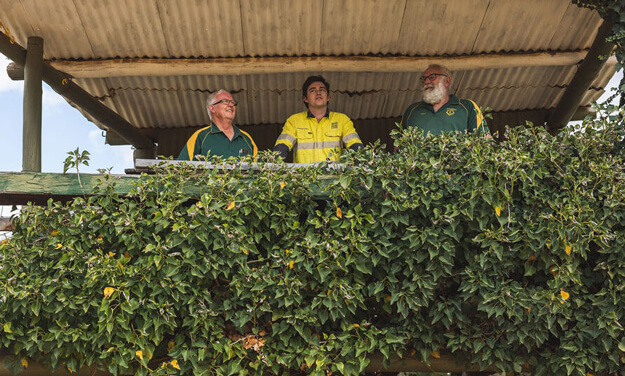Workforce, innovation and skills
A highly skilled and technologically advanced future workforce will be required for the specialist mining occupations into the future
Overview
The success of Australian mining depends on a highly skilled, flexible and resilient workforce.
The Australian economy is facing the worst skills and labour shortages in a generation and the minerals industry is experiencing severe shortages in a range of occupations, from drillers and drivers to mining engineers, geologists and metallurgists.
The modern mining workforce increasingly require leading edge technical skills including advanced engineering and mathematics, robotics and communications. This is in addition to the traditional employment in engineering, trades, chemistry and environmental science.
Technological innovation will continue to change the nature of work in mining and therefore skills requirements. Mining operations will also be more data-driven, requiring programming and analytical skills.
The mining sector’s adoption of new technology and continued pursuit of innovation will improve productivity, safety and efficiency.
The release of EY’s The Future of Work: the economic implications of technology and digital mining and The Future of Work: the Changing Skills Landscape for Miners – commissioned by MCA – provides a comprehensive examination of future skills and training and technology trends in the Australian minerals industry. In The Digital Mine report, the MCA reviews Australia’s mining innovation ecosystem.
The MCA has invested over $65 million into minerals higher education since 2000, and in partnership with universities across the country, has developed a world-class minerals education sector that is delivering the skills needed in the industry today.
Policy priorities
Workforce strategies
Implement workforce strategies (including new job classifications) focused on building capability to attract and retain a future-focused workforce.
Employer of choice
Promote the mining industry as an employer of choice and a source of high skilled, well paid and technologically advanced jobs.
Education pathways
Support a mix of modern, accessible education, training and skills pathways, developed in collaboration with industry – including higher and accelerated apprenticeships, micro- credentials and bridging/stackable, short-burst courses.
Collaboration
Enhance collaboration with the METS sector to integrate and increase workforce participation across the mining value chain. Fast track workforce opportunities in allied sectors (including agriculture and defence) by identifying complementary skills.






